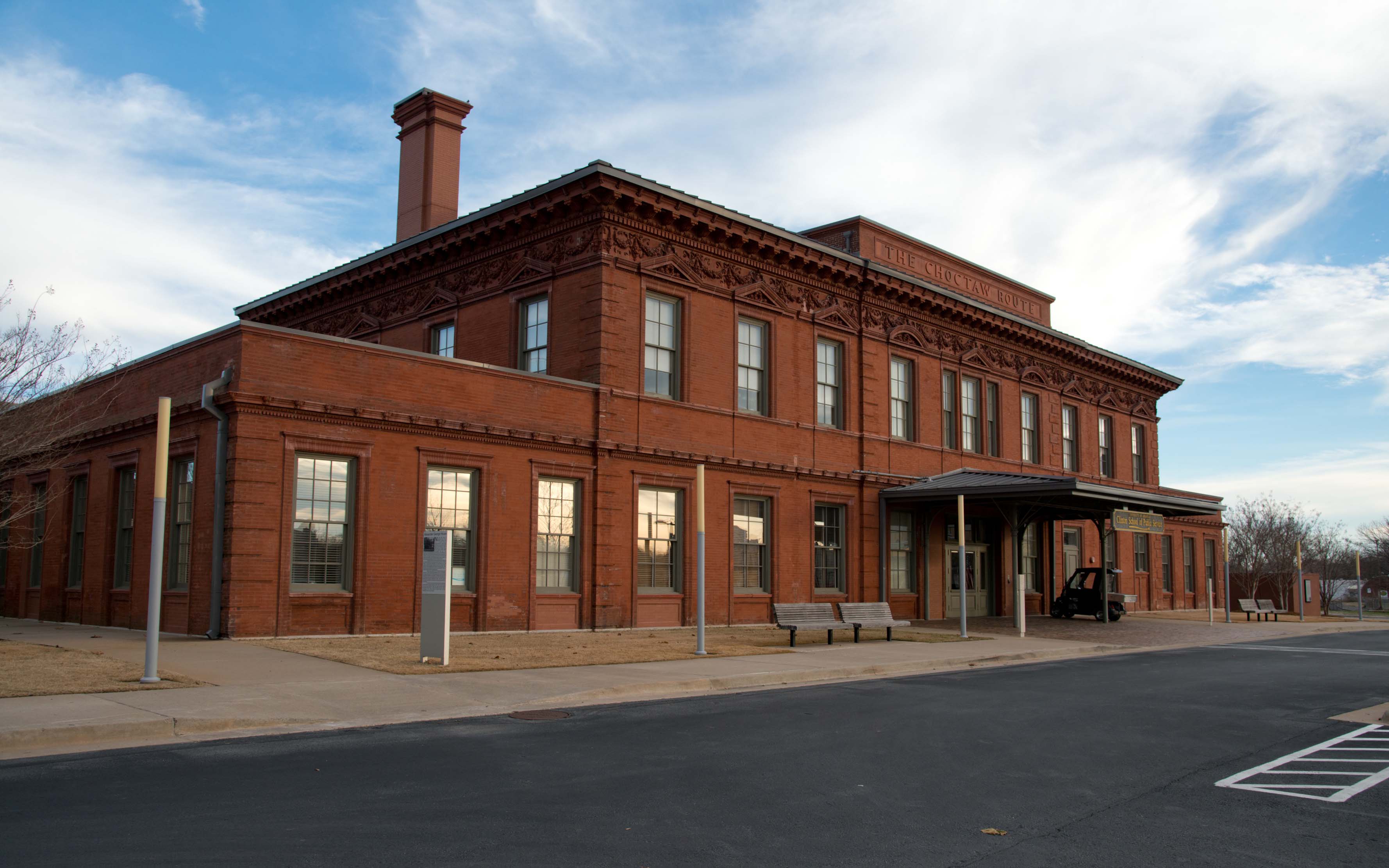Clinton School completes strong year for academics
July 30 - August 5, 2018
By Patrick Newton
The University of Arkansas Clinton School’s Master of Public Service degree program enjoyed another strong year in the classroom. With the graduation of its 12th class in May, the program boasts a graduation rate of nearly 90 percent.
With a vision of professional public service at the forefront, the Clinton School of Public Service values both the acquisition of knowledge and the practical application of that knowledge to solving real-world problems, blending a core set of coursework with field service projects and elective courses for a program grounded in distinct principles, but also tailored to individual interests and pursuits.
“The careers our alums pursue highlight the ways in which what they learn at the Clinton School can be applied across a broad array of professions,” Associate Dean Susan Hoffpauir said.
Clinton School graduates continue to thrive in a variety of professional fields, including government, education, and nonprofits, as well as sectors like business development, entrepreneurship, and fundraising.
“A lot of the skills from the Clinton School – the design thinking, committed analysis, all of that – were very present in the work that I did. I am a firm believer that the Clinton School made me better at what I do,” said Kim Caldwell, a 2011 alum who trains the next generation of women political leaders at Annie’s List in Austin, Texas.
In the classroom, Clinton School students learn the concepts and skills necessary to become agents of positive change. They take those lessons and apply them in the field, putting them to action in order to improve their abilities as public servants while making a positive impact on the communities and organizations with which they work.
Brandon Treviño, a 2018 graduate and concurrent Juris Doctor student at the UA Little Rock William H. Bowen School of Law, spoke about applying those skills during his International Public Service Project.
“I literally could tell you about specific skills from every class that I put to use in the field,” said Treviño, who completed his IPSP with Awamaki in Ollantaytambo, Peru. “In our field research methods class, we learned how to do interviews, surveys, and data collection. I did all of that with my surveys, and I did a couple of interviews. When we talked about program planning and evaluation, we went over logic models and how to plan these programs. I set up empowerment workshops and created logic models for my organization to use after I left. I used sustainability plans that I learned in our program planning class, and I actually made those for my organization. Even some soft skills that I learned through our global development class and other courses applied in the field. That was really cool to see.”
Through the core courses, students and faculty debate, discuss, and study public service issues surrounding communication, decision-making, conflict resolution, professionalism, law, and ethics, among other topics – issues that translate across all types of organizations, businesses, and walks of life.
Students often learn new lessons or acquire new skills through the core curriculum that provide insights into different types of service work that, prior to the Clinton School, might have been unfamiliar.
“Finding program evaluation as a branch of applied research, I didn’t really know that existed before I came to the Clinton School,” said Andrew Forsman, a 2016 graduate working as an internal evaluator for a group of early childhood education programs at the University of Arkansas for Medical Sciences.
“Having such a hands-on, multi-disciplinary approach to research that was all about helping people learn and do good, better, was a perfect match for me.”
The MPS program provides a firm grounding in critical analysis, policy formulation, and problem solving, as well as an opportunity for immersion in outstanding service organizations for students to gain competency in the principles and nuances of public service.
“Personally, my time at the Clinton School and the nimbleness and adaptability that we learned while there – getting thrown into projects starting day one – has played a role in how I’ve led Schlep to approach each new hurdle with an attitude of teamwork and a desire to create,” said Hunter Riley, a 2009 graduate who co-founded Schlep, a tech-enabled local logistics and delivery company in Chicago, Ill.
The Clinton School curriculum is enriched by its renowned speaker and distinguished lecture series, which gives students unprecedented access to leaders in government, politics, business, foreign policy, journalism, and philanthropy addressing issues in public service.
The Clinton School enrolled 34 students in the first-of-its kind Executive Master of Public Service (EMPS) degree program in March 2018. The new two-year program is offered entirely online, giving professionals the enhanced knowledge, skills, and network, they need to advance without relocating or giving up their current employment.
Source: The University of Arkansas Clinton School of Public Service
PHOTO CAPTION:
The University of Arkansas Clinton School Public Service graduated its 12th class this past May. This year, the inaugural Executive Master of Public Service (EMPS) degree program kicked off in March. Overall, the school saw a strong academic year. (Photo Courtesy of the Arkansas Department of Parks & Tourism)



